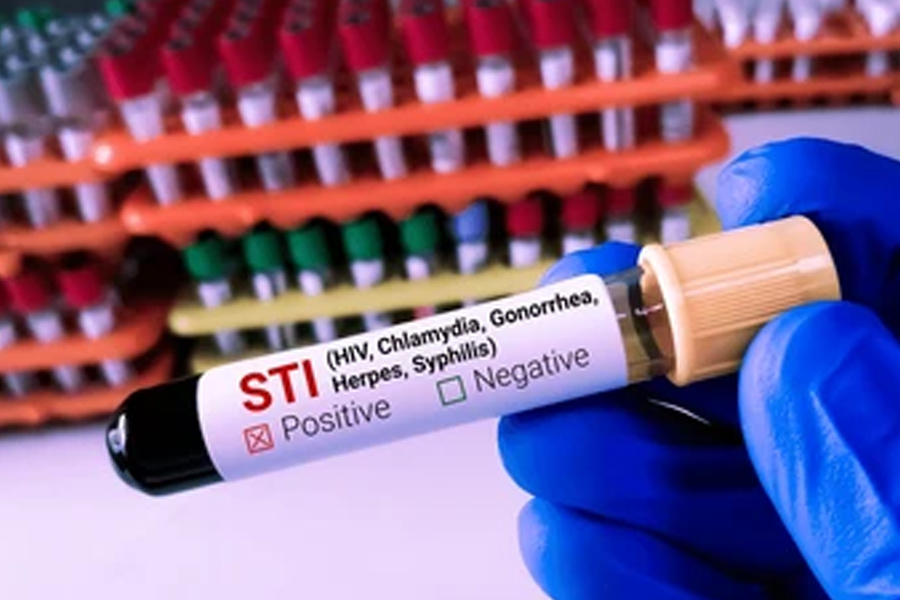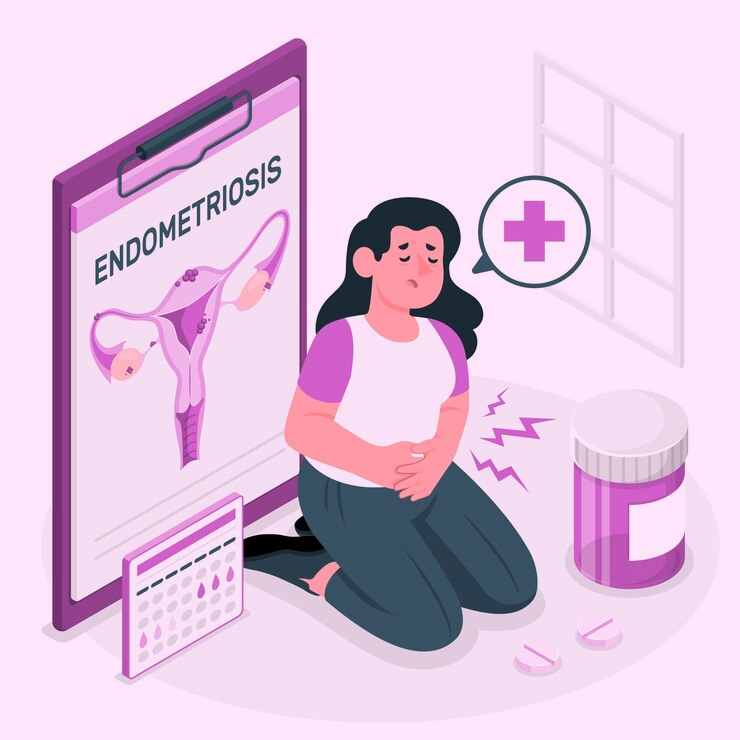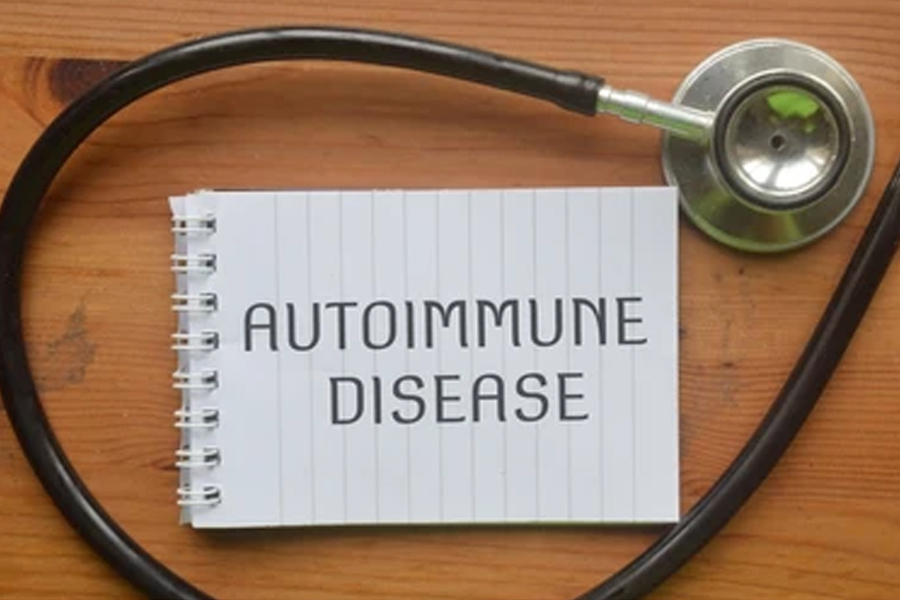
Sexual and reproductive health is an integral component of health in general; it consists of physical, emotional, and social aspects. This multifaceted health aspect not only concerns fertility and its function, but also includes sexual satisfaction, hormonal efficiency, and the ability to create intimate and healthy relationships. On this Sexual and Reproductive Health Awareness Day, observed on February 12, 2025, we spoke to Dr Kshitiz Murdia, IVF Specialist, CEO and Co-Founder, Indira IVF, who explained how various diseases impact sexual and reproductive health.
Table of Content:-
“Many diseases adversely influence sexual functions. Their post-disease complications may include infertility, hormonal imbalance, and sexual dysfunction. These functional disorders may occur at any age and could impact them negatively in the short or long term regarding reproductive function and sexual health. The extent of damage done by such illnesses to health goes beyond physical symptoms, and their implications are felt on mental health, relationship patterns, and quality of life. ,” said Dr Murdia.
Diseases Affecting Sexual and Reproductive Health
While most disorders affect reproductive health, let us talk about some of the most common ones and how they damage sexual and reproductive health.
Sexually Transmitted Infections (STIs)

Infectious STIs like chlamydia, gonorrhoea, syphilis, and HIV/AIDS are directly associated with sexual and reproductive health. Unattended STIs can give rise to infertility, Pelvic Inflammatory Disease (PID), ectopic pregnancy, and chronic pain. HIV/AIDS suppresses the immune system and causes the patients to become susceptible to opportunistic infections that affect reproductive health further. Safe sex and screening are important for prevention.
Polycystic Ovary Syndrome (PCOS)
“This is one of the most common endocrine disorders that affects women of childbearing age, and prevalence rates reach even up to 10%. Hormonal imbalance caused by PCOS is linked to abnormal menstrual cycles and anovulation (failure to release eggs). This leads to infertility in an affected woman,” added Dr Murdia.
The other associated health risks for women affected by PCOS include insulin-resistant obesity, Type 2 diabetes, and cardiovascular diseases. Symptomatic relief and the provision of an environment conducive to fertility can be done through early detection and active lifestyle modifications.
Also Read: How Are STDs Different From STIs: Confidential Screening And Testing Options In India
Endometriosis

Endometriosis is a long-term condition where the lining of the uterus grows on the exterior part of the wall of the uterus. This causes severe menstrual cramps and inflammation, scarring, and can render a person infertile. Dyspareunia, or painful intercourse, is one of the conditions resulting from endometriosis, hence compromising sexual health with its associated co-morbidities. The possible treatments are hormonal therapy, pain management, and surgery only if needed.
Diabetes
Diabetes may lead to erectile dysfunction in men, poor-quality sperm, and reduced testosterone. For women, diabetes is known to cause erratic periods, miscarriage, and pregnancy complications, such as gestational diabetes and preeclampsia. According to the American Diabetes Association (ADA), chronic high blood glucose (or blood sugar) causes many sexual problems, so the first step is to improve glucose control.
Cardiovascular Diseases

"Among the cardiovascular diseases are hypertension and atherosclerosis, which deprive blood flow from the reproductive organs. Men experience this as erectile dysfunction problems, whereas women can find themselves having lowered sexual arousal and painful intercourse," explained Dr Murdia.
Some of the medications used for cardiovascular treatment are also responsible for the effects brought on libido reduction and sexual function changes. Regular exercise in combination with heart-healthy lifestyle changes can keep these problems from happening.
Also Read: Silent Threats to Fertility: How Environmental Toxins Impact Women's Reproductive Health
Cancer and Its Treatments
"Particularly cancers in reproductive organs, such as the ovary, cervix, testis, and prostate affect sexual and reproductive health. Temporary or permanent infertility, hormonal imbalance, and low libido might all result from treatments like chemotherapy, radiation, and surgery," said Dr Murdia. Following on, fertility preservation techniques like freezing eggs or sperm should be a discussion point before commencing cancer therapy. Sexual health counselling can help resolve issues that linger following treatment.
Autoimmune Diseases

Some of the autoimmune diseases, such as Systemic Lupus Erythematosus (SLE) and rheumatoid arthritis can affect the outcome of pregnancy and fertility. With lupus, there are increased risks of miscarriage, preterm labour, and complications during pregnancy. Rheumatoid arthritis presents with fatigue and joint pains that impact sexual activity. Better outcomes require proper monitoring and careful management of medications during pregnancy.
Obesity and Metabolic Disorders
Obesity and metabolic disorders have a significant impact on the reproductive health of both men and women. In women, obesity leads to irregular menstrual cycles, anovulation, and complications during pregnancy, including gestational diabetes and hypertension. In males, it can lead to low testosterone levels, poor quality of sperm, and even erectile dysfunction. Control weight with proper diet and exercise regularly for better outcomes in reproduction.
Prevention and Management
A majority of diseases about sexual and reproductive health can be avoided or controlled by:

- Regular health check-ups and screening
- An active and healthy lifestyle based on good nutrition
- Safe sex and prevention of STIs
- Stress management and mental health care
- Prompt recognition of the appearance of symptoms
- Adherence to the prescribed therapy
- Communicate well with healthcare professionals
Bottomline
Dr Murdia concluded, “Education on the conditions and their consequences in sexual and reproductive health is important in making an informed decision about one's health. Regular medical consultation, prevention, and other interventions that preemptively act against the onset of these diseases can sustain a healthy reproductive system over its lifetime.”
[Disclaimer: This article contains information provided by an expert and is for informational purposes only. Hence, we advise you to consult your professional if you are dealing with any health issue to avoid complications.]
Also watch this video
How we keep this article up to date:
We work with experts and keep a close eye on the latest in health and wellness. Whenever there is a new research or helpful information, we update our articles with accurate and useful advice.
Current Version